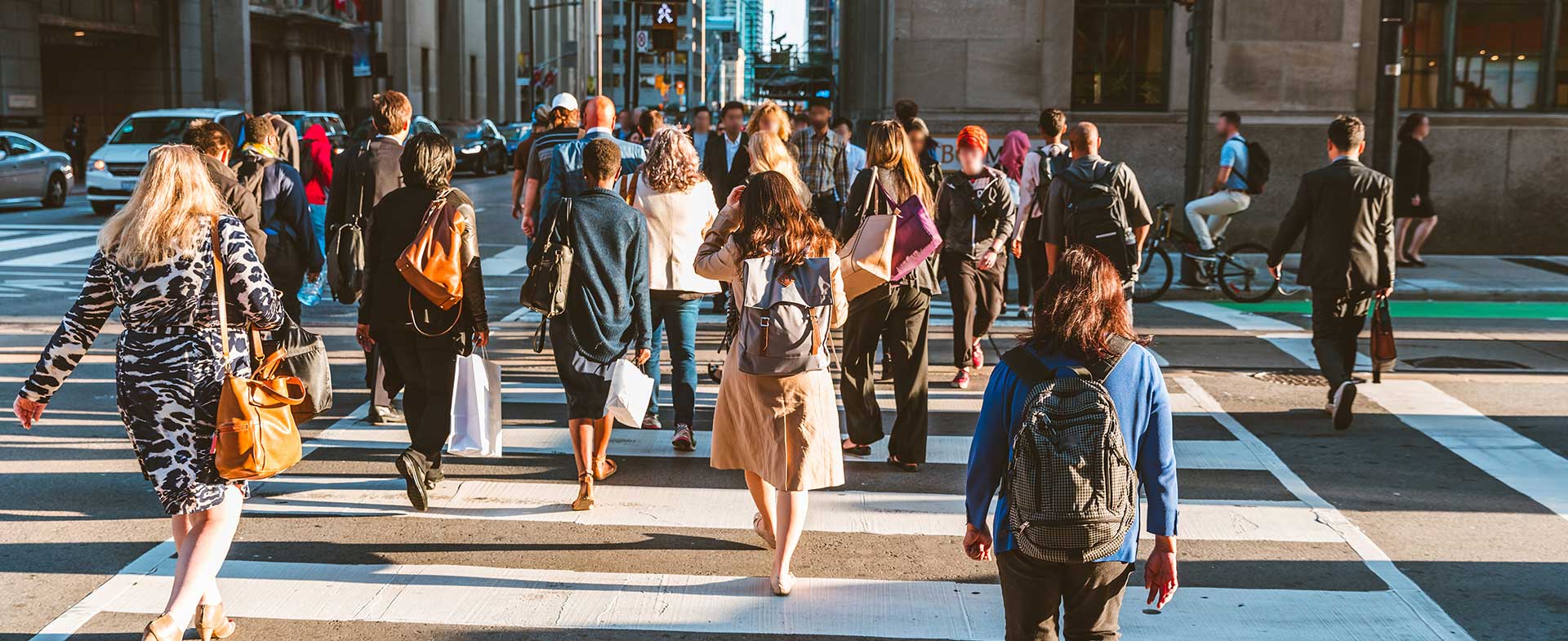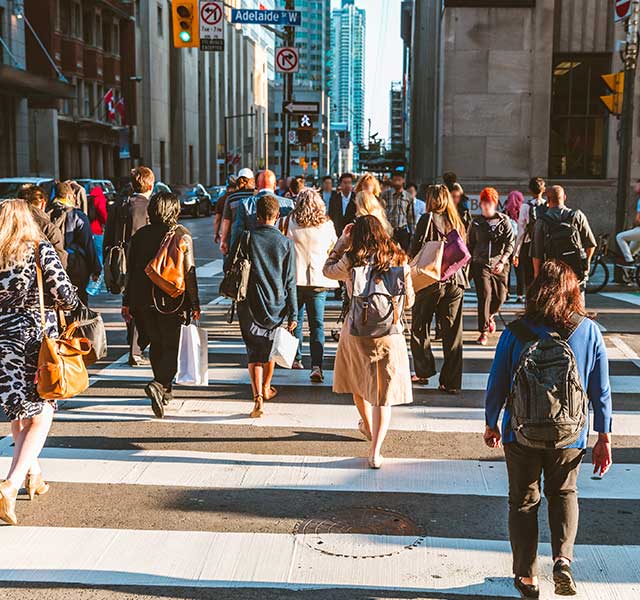A variety of factors contribute to air pollution, from car and truck exhaust to industrial facilities and wildfires. But a recent study from Henry Ford Health and Michigan State University found gentrification also leads to worsened air quality.
The study specifically examined air quality in Detroit—a city that recently built three sports venues and has seen the opening of many new restaurants, bars, hotels and apartment complexes within the past several years.
“We initially thought air quality would be better in gentrified areas because economic conditions are better,” says Ikenna Okereke, M.D., a thoracic surgeon at Henry Ford Health. “But air quality actually worsened in newly gentrified areas. It makes sense: with gentrification comes increased construction and traffic, which leads to more exhaust and air pollution. If gentrification is accompanied by increased parks and green spaces, we think air quality will eventually improve.”

Care At Henry Ford Health
Health Effects Of Poor Air Quality
It’s well-known that air pollution is detrimental to our health. Those who live in areas with poor air quality may be at increased risk for health issues such as:
- Lung cancer. Air pollution likely increases the incidence of other cancers too, such as colorectal cancer, says Dr. Okereke.
- Heart disease. Long-term exposure to toxic air pollutants is linked to an increased risk of heart attacks and cardiovascular disease.
- Lung diseases such as pulmonary fibrosis and asthma. Unfortunately, Detroit has one of the highest rates of asthma in the United States.
- Preterm birth, poor infant health and increased maternal mortality. Within the United States, Detroit has a higher rate of preterm births.
- Decreased immune health. Children who grow up in areas with poor air quality are at a higher risk for decreased immune function.
- Mental health conditions. “Areas with poor air quality likely have limited access to parks and green spaces—and children who don’t have access to nature are more likely to develop mental health issues as adults,” says Qiong Zhang, Ph.D., a research scientist at Henry Ford Health.
Improving Air Quality—And Our Health
On a large scale, federal regulations are essential to improving air quality. “But on a smaller scale, we can increase the amount of green spaces in our communities—planting trees, gardens and creating parks,” says Dr. Okereke. “We can also increase the amount of public and shared transportation we use instead of driving.”
Some people grow potted plants and use air purifiers in their homes, although Dr. Zhang is not sure how impactful this is. “Portable air filters are less effective than centralized air filters—but centralized air filters are very expensive,” she says. “If you even have just a small backyard to plant trees—and encourage your neighbors to do the same—that could make a difference.”
Predicting Air Quality
In general, air quality worsens during the summer and winter, when the air is more stagnant. Day to day, air quality worsens during rush hour and nighttime—as conditions are ripe for pollutants to stay suspended in the air. “If you live in a populated area, it might be a good idea to stay inside or wear a mask outside during these times,” says Dr. Zhang. Especially if you have a respiratory or heart condition, as poor air quality could contribute to a health episode.
In fact, Dr. Okereke and Dr. Zhang are spearheading a campaign to install 800 air quality sensors throughout Detroit that will be able to determine the air quality in any specific neighborhood at any given time. They currently have 150 sensors installed.
“The goal is to be able to differentiate the air quality even within places in Detroit that are less than a mile apart,” says Dr. Okereke. “We’re also developing an app where you’d be able to type in your address and find out the air quality at that specific address.
“Ideally, if you can punch in your address before you go outside and see the air quality is poor, you could take precautions to potentially prevent an asthmatic episode, for example. Maybe you’d stay inside, or wear a mask outside, or see a specialist preemptively for guidance. Being able to predict the air quality could help us inform someone’s health.”
Reviewed by Ikenna Okereke, M.D., system director of thoracic surgery at Henry Ford Health and Qiong Zhang, Ph.D., a research scientist at Henry Ford Health.



